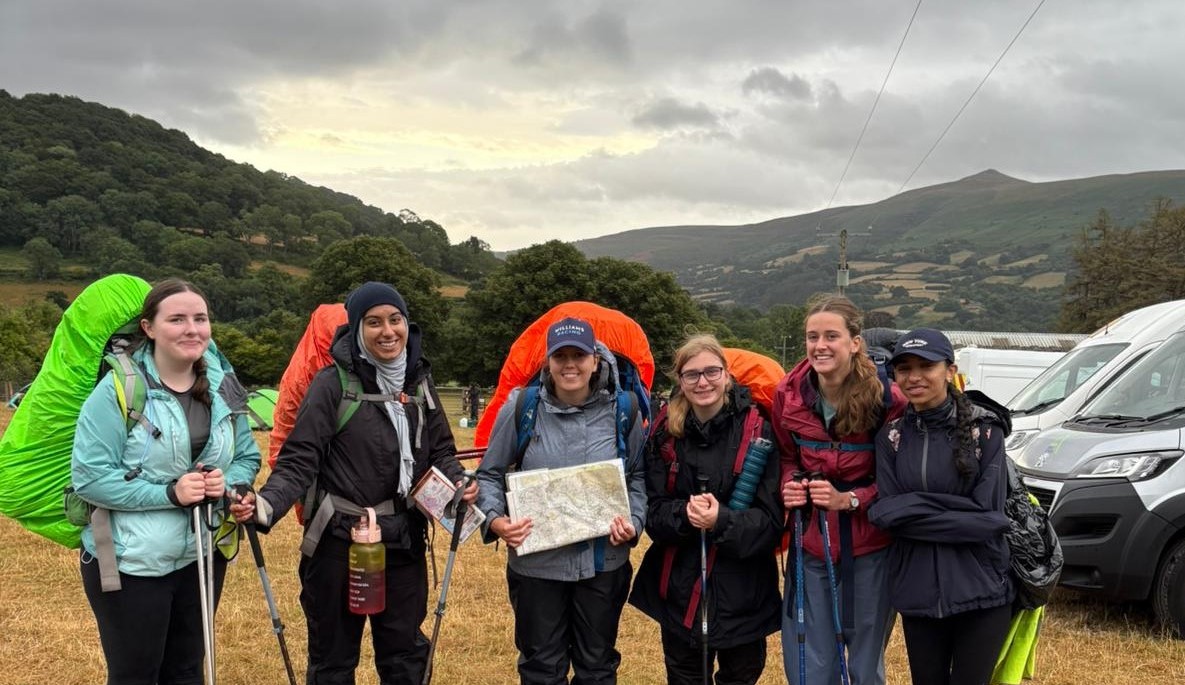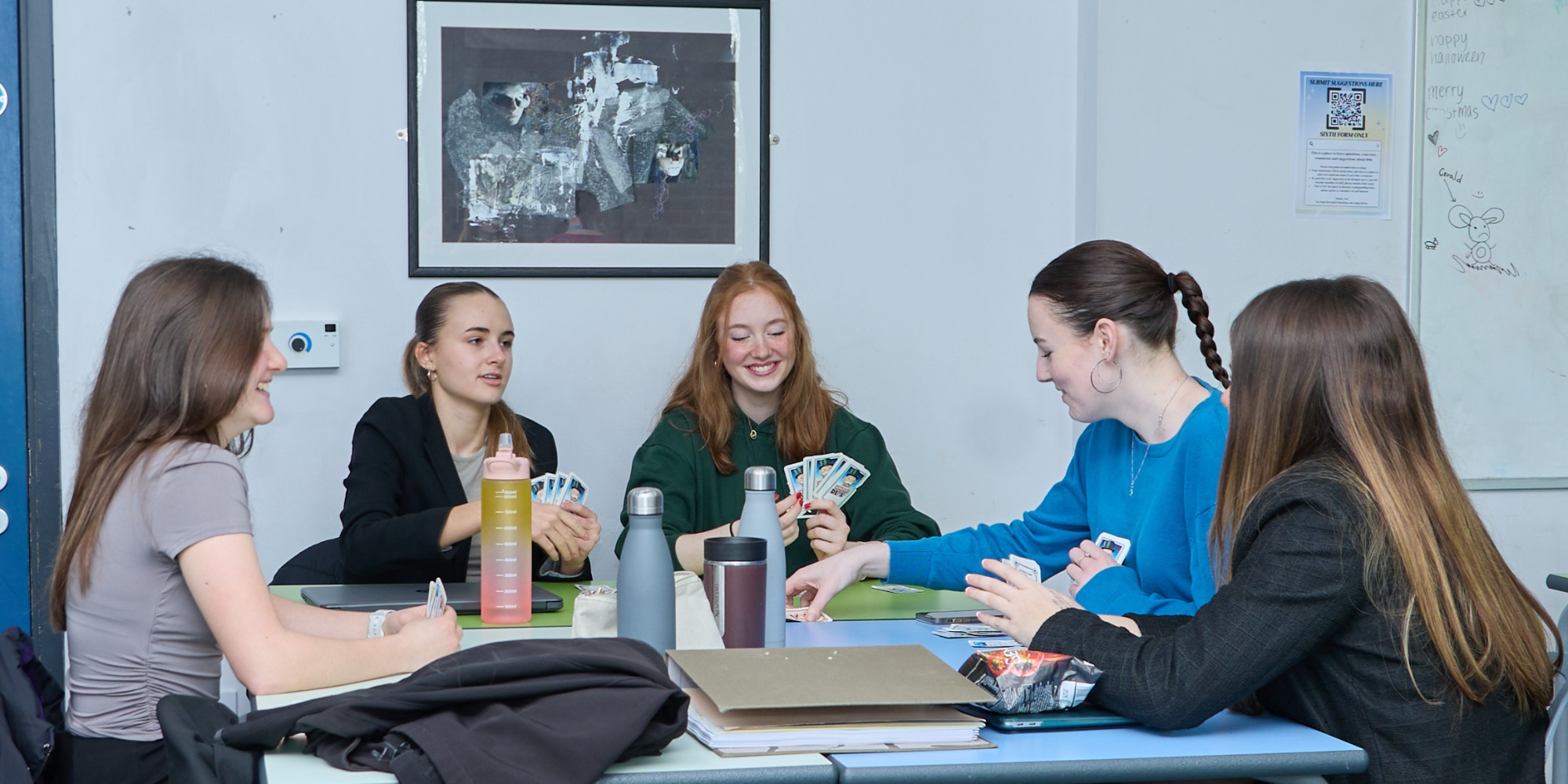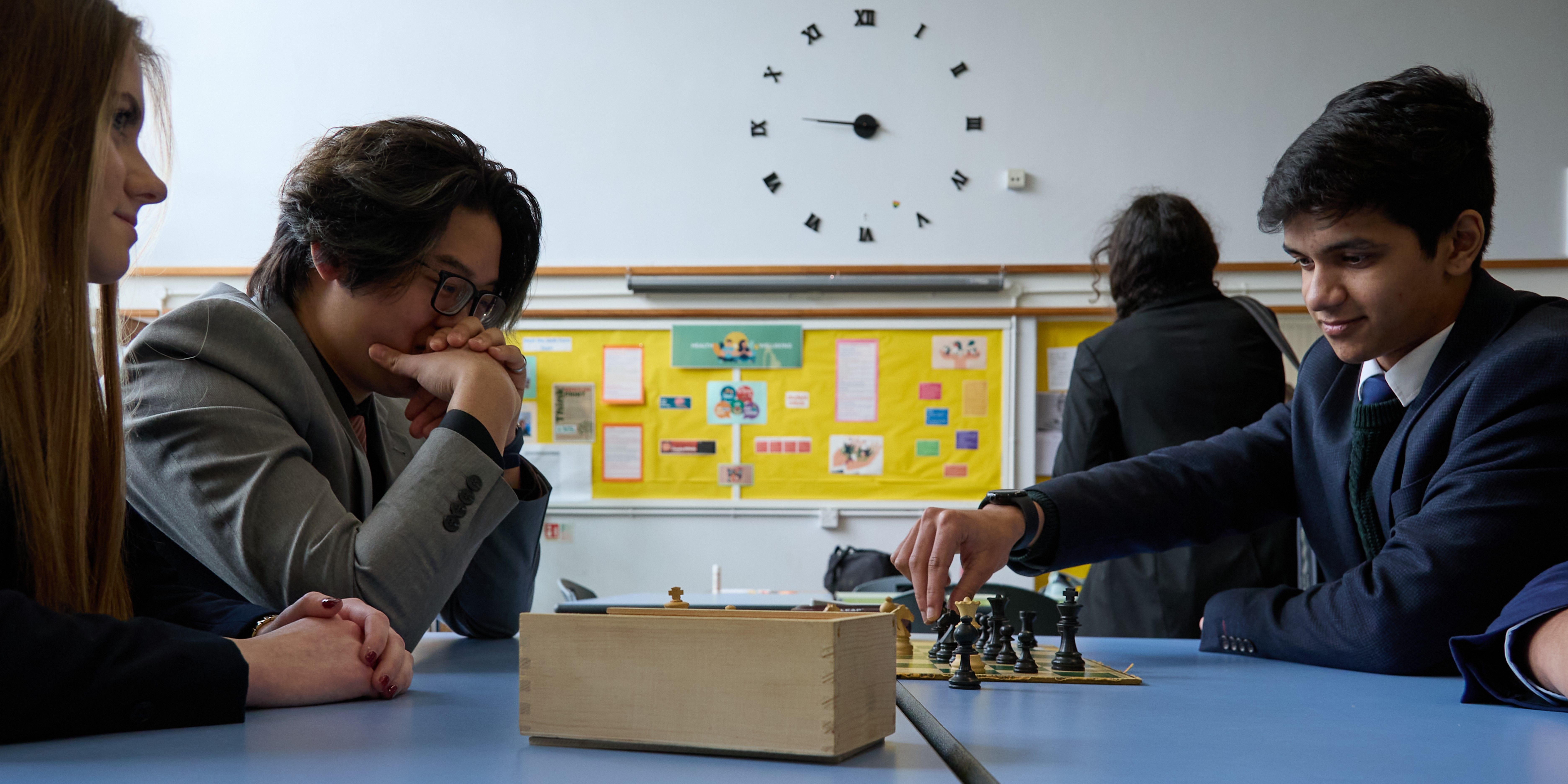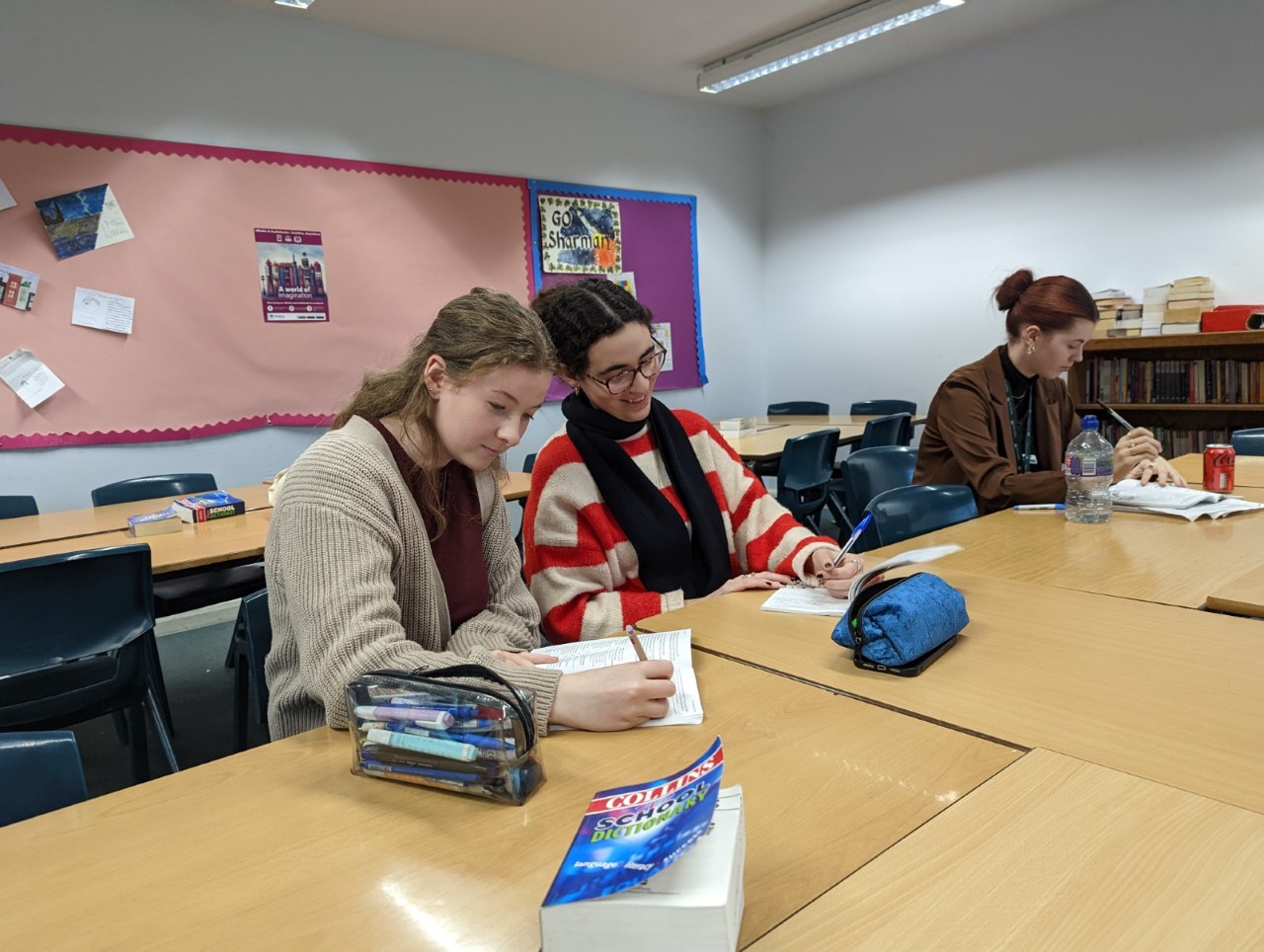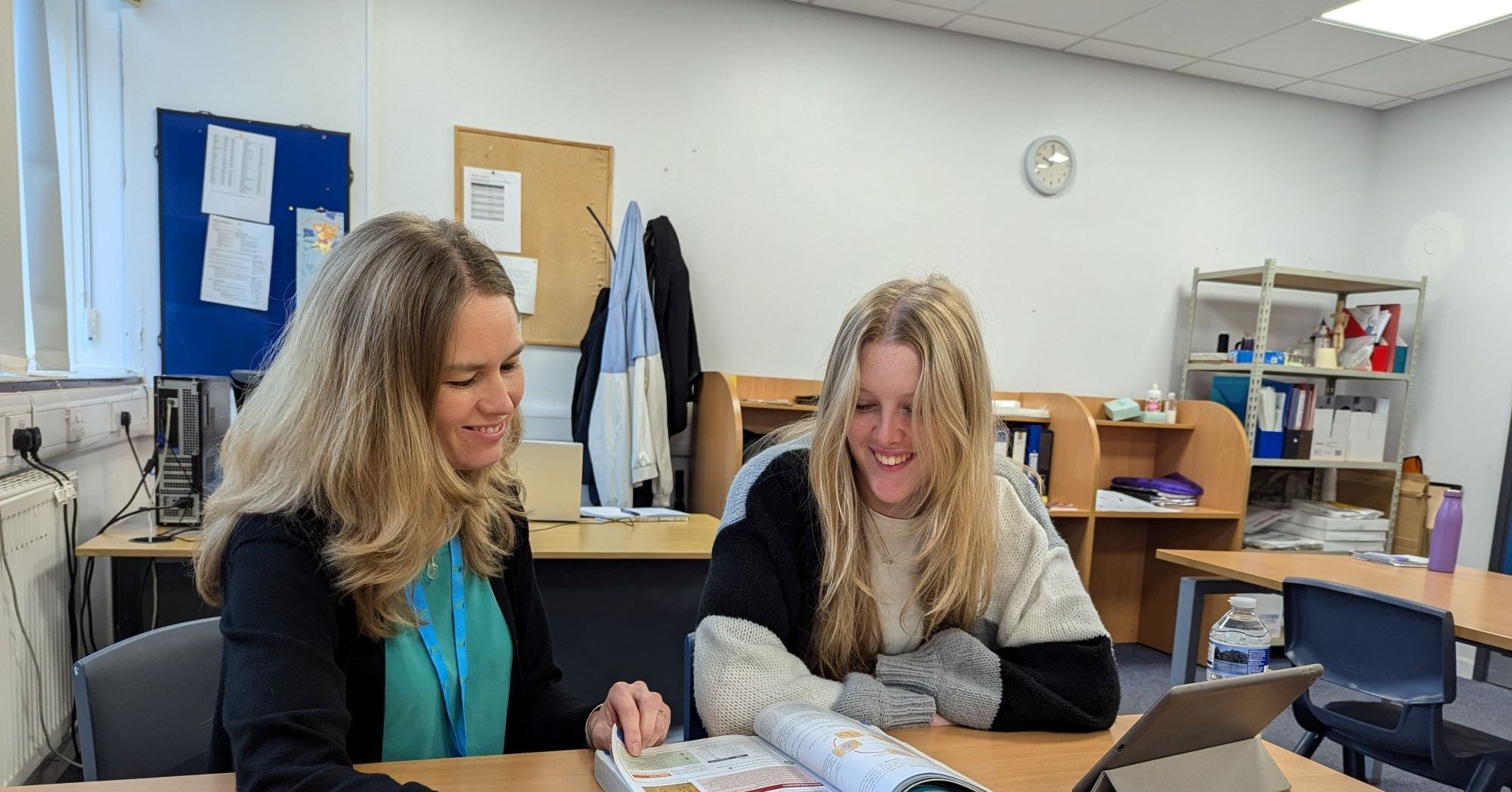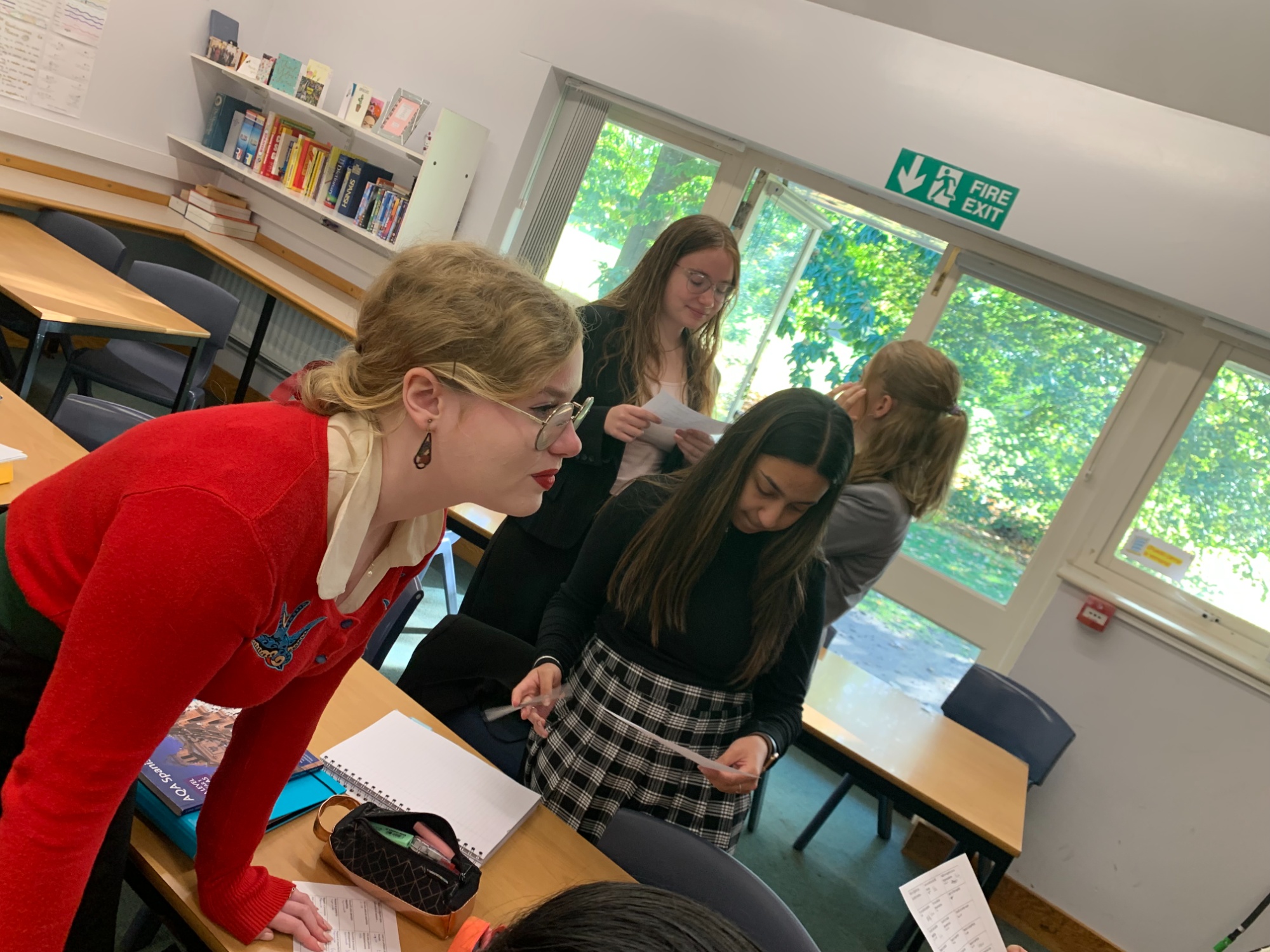Day 9 - Transition Work
Today's session is designed to get you thinking about your communication and language skills, which are so essential in every day. In the same way that I said money makes the world go round, I think language makes the world go round too!
First task: I want you to watch these two TED talks that are all about the power of language - they are fascinating and will open your eyes to the worlds of social anthropology and the power of polyglots!
https://www.ted.com/talks/lera_boroditsky_how_language_shapes_the_way_we_think
|
How language shapes the way we think There are about 7,000 languages spoken around the world -- and they all have different sounds, vocabularies and structures. But do they shape the way we think? Cognitive scientist Lera Boroditsky shares examples of language -- from an Aboriginal community in Australia that uses cardinal directions instead of left and right to the multiple words ... www.ted.com |
https://www.ted.com/talks/david_peterson_why_language_is_humanity_s_greatest_invention
Next, bringing it closer to home I want you to think about your netiquette and communication skills. Much of your communication as an A Level student will be via email to your teachers, form tutor and peers (even when we are not in lock down).
You will be emailing prospective employers, universities, work experience placements - and this is very different from writing essays or answering exam papers.
Task 2:
Look at the PowerPoint below, and think about how you should use email and electronic communication.
Task 3:
Compose three emails (they do not need to be sent: they are just hypothetical)
- one to a teacher. asking for an extension to a deadline to a piece of coursework. (the context is that there is a valid reason)
- one to a the human resources manager of the company you really want to do work experience at.
- one to the head teacher, offering a new charity initiative that you would like the school to run
Task 4:
Think of your favourite word in English and your favourite word in another language (nothing rude!): and I would like you to share these with me. It can be a word that you have learned at school in your Language lesson or, if you are bilingual, a word or phrase that you love in the language that you speak at home! (I would also like to know what it means and why you like it!)
Best wishes and happy communicating
Mrs DB

